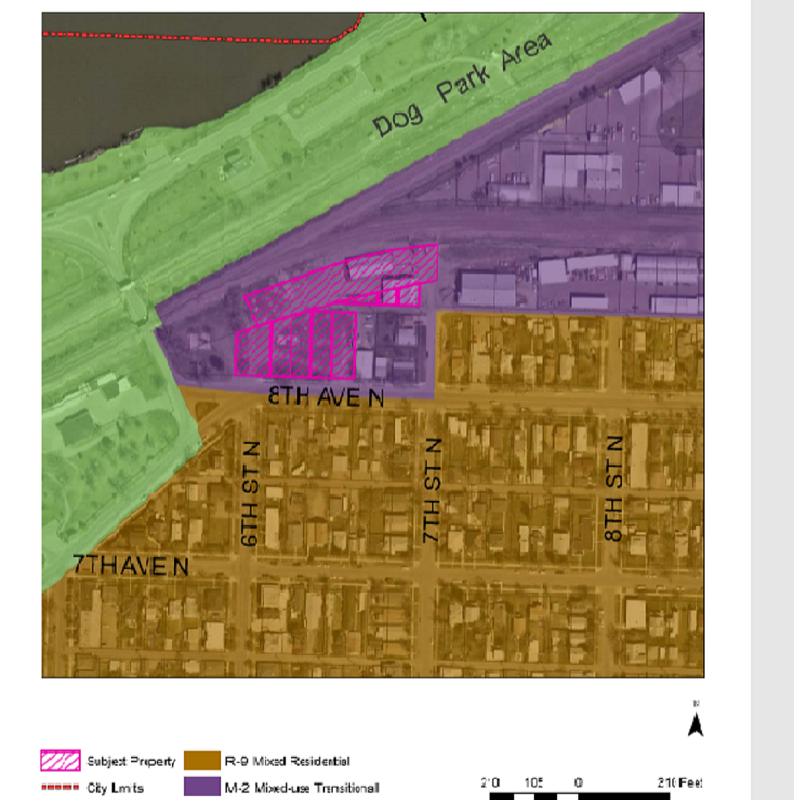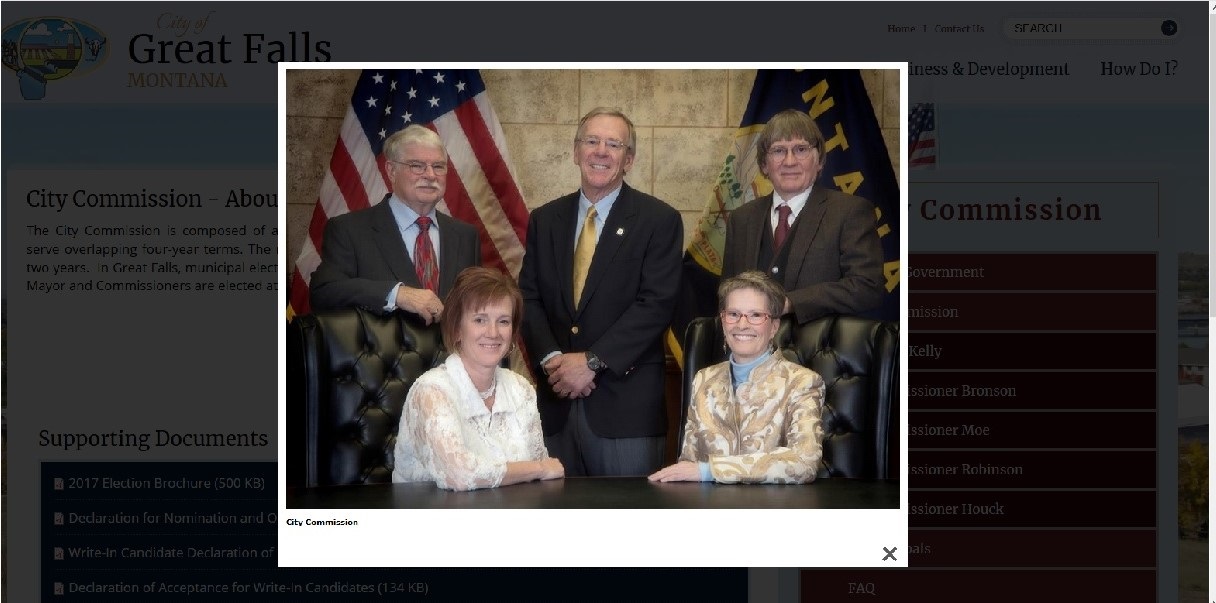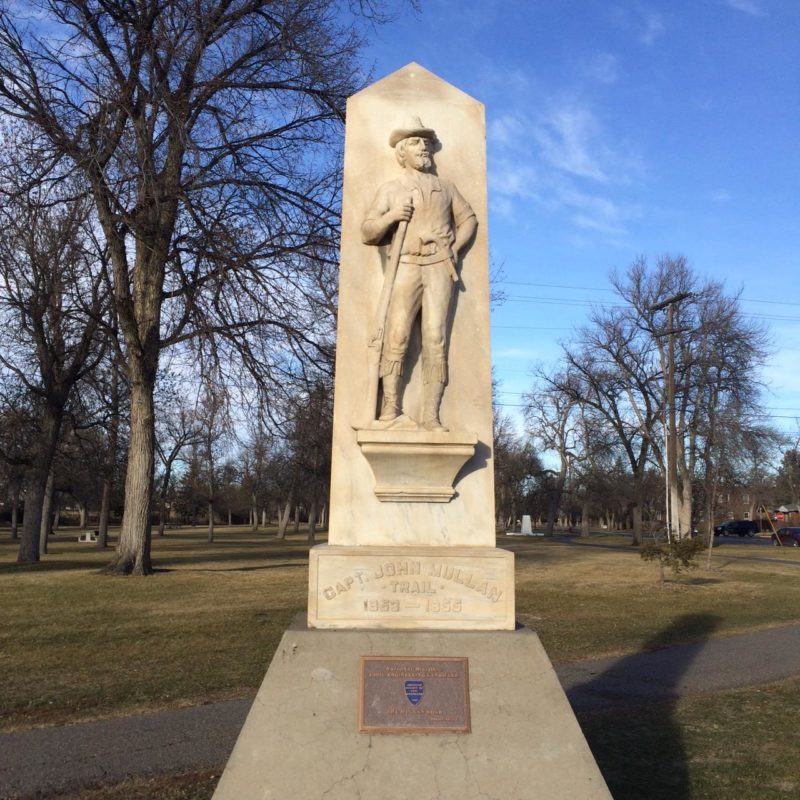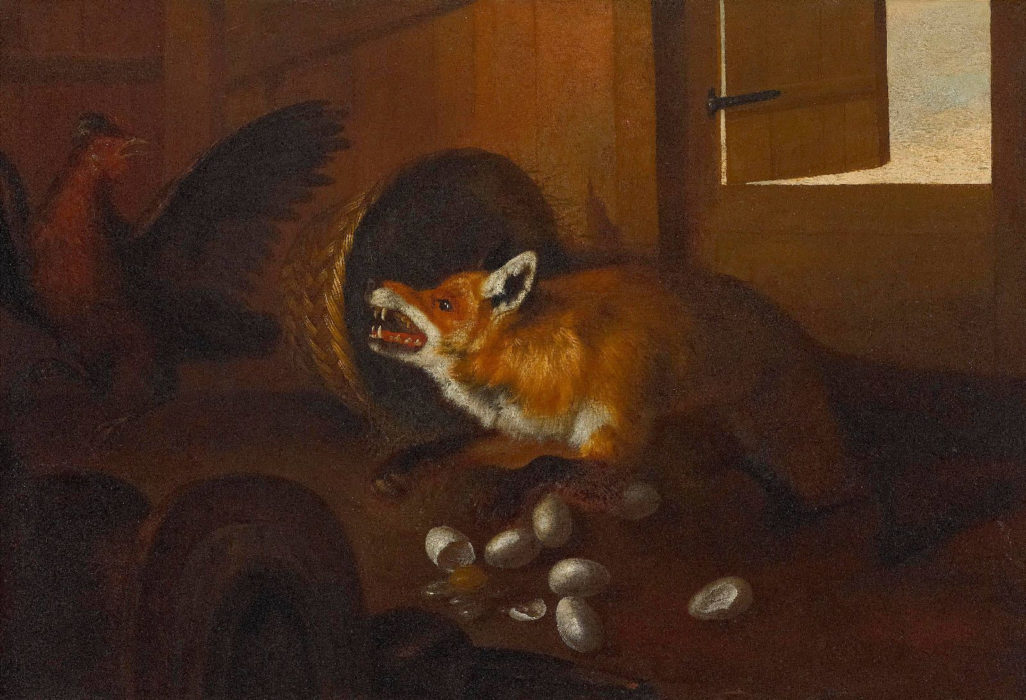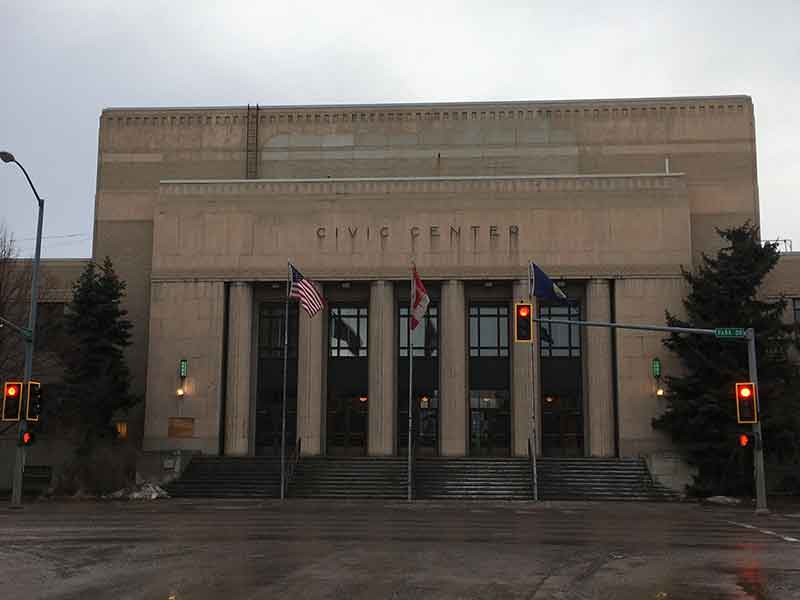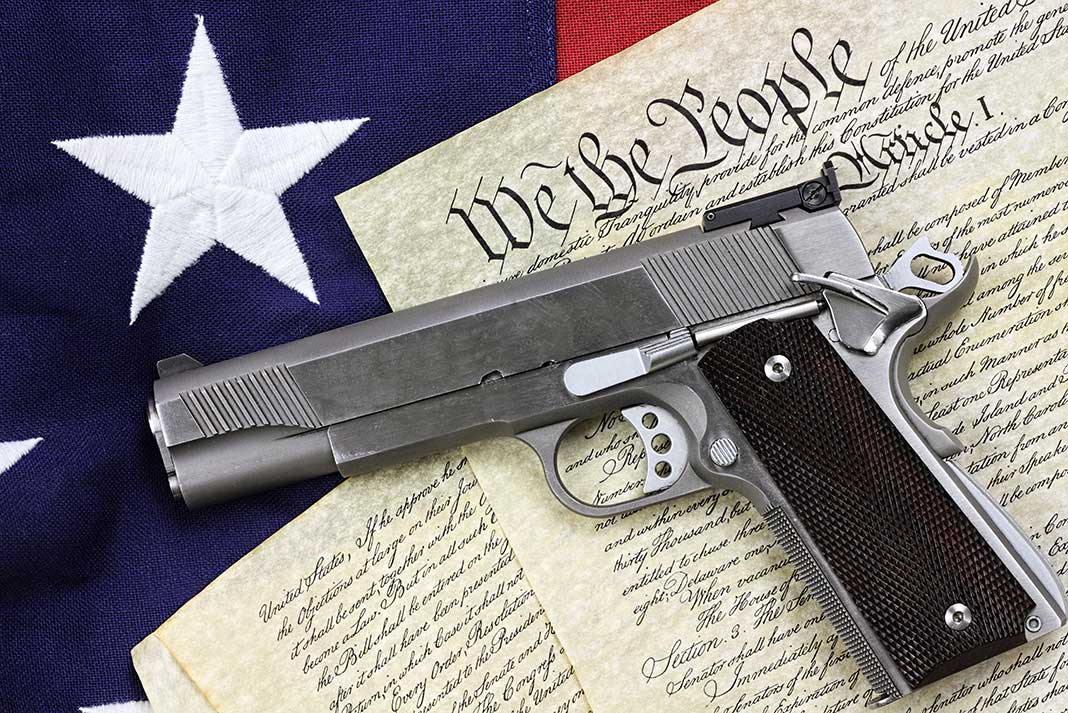Kudos to Craig Raymond and his staff in the City of Great Falls Planning and Community Development Department for working to find solutions to help keep a local private sector employer, M&D Construction, in the heart of Great Falls. This is the attitude we need from our city employees across the board; not “You can’t…
Category: City Commission
“I Want To Be A Good Neighbor”
Watch the short video below. It’s Rhett Hulett, owner of M&D Construction which employs 30 folks here in Great Falls, making his case for a Conditional Use Permit at the January 2, 2018 Great Falls City Commission meeting. “I want to be a good neighbor” “We want to be a positive part of that part…
Hocus Pocus — More Moe
Yesterday, and perhaps against all odds, I was able to suss out an actual response from City Commissioner Mary Moe. Originally, I had intended to more substantively respond to Commissioner Moe today, but alas, life got in the way. But I offer the following as a teaser for tomorrow’s piece… On our Facebook post, reader…
An Open Letter To City Commissioner Mary Moe
Dear City Commissioner Mary Moe: It was about Columbus Day, and I was seriously asking. I first asked it on Facebook on October 11. Around the same time, the same text appeared in the Tribune as a letter to the editor. On December 7, I reposted it on E-City Beat. Four days later, I followed up…
Principles Or Politics
A couple of months ago during the Great Falls City Commission campaign, I posted a Facebook request for then candidate Mary Moe calling for her to provide voters with a definitive position on historic monuments and references to local figures. The Columbus Day post was recently reposted to E-City Beat. I think it is safe…
Columbus Day: Will The REAL Mary Moe Please Stand Up?
Editors note: the following comments originally appeared on Facebook and in the Great Falls Tribune in early October, 2017 – prior to the Great Falls municipal election. Subsequently Ms. Moe has been elected to the City Commission. We are publishing the letter here as a prelude to a follow-up piece coming soon. Stay tuned. Like…
How Are We To Select A Great Falls Ethics Committee?
Let’s say you needed to find a watchdog because your henhouse was recently raided by some foxes. Would you go to the local fox den and ask the occupants therein, some with feathers still clinging to their little chins, to select the best watchdog to keep an eye on your cluckers? The Great Falls City…
GREAT FALLS CITY STAFF, ZONING BOARD AT ODDS OVER FOX FARM DEVELOPMENT
An interesting new wrinkle in a Fox Farm area planned unit development (PUD) for a hotel complex has city staff at odds with the city planning advisory board/ zoning commission. The proposed ordinance covering the change, Ordinance 3182, comes to the city commission with a negative recommendation from city staff and a positive recommendation from…
On Tax Abatements: Billings Says “Yes” Where Great Falls Says “No”
Back in the day, oh, forty or fifty years ago, there was an ongoing friendly competition between Great Falls and Billings as to which was the best and biggest city. The two Montana big dogs battling for bragging rights. I remember because I was a young sprout at the time, delivering the Great Falls Leader,…
Shots Fired In City Parks Gun Debate
The national gun debate has nothing on what is poised to be a hotly contested local Second Amendment battle. Yes, concealed weapon permit holders are currently allowed to carry their weapons in city parks, including the River’s Edge Trail, according to our City Attorney Sara Sexe. Sexe reported at the November 17 city commission meeting…


